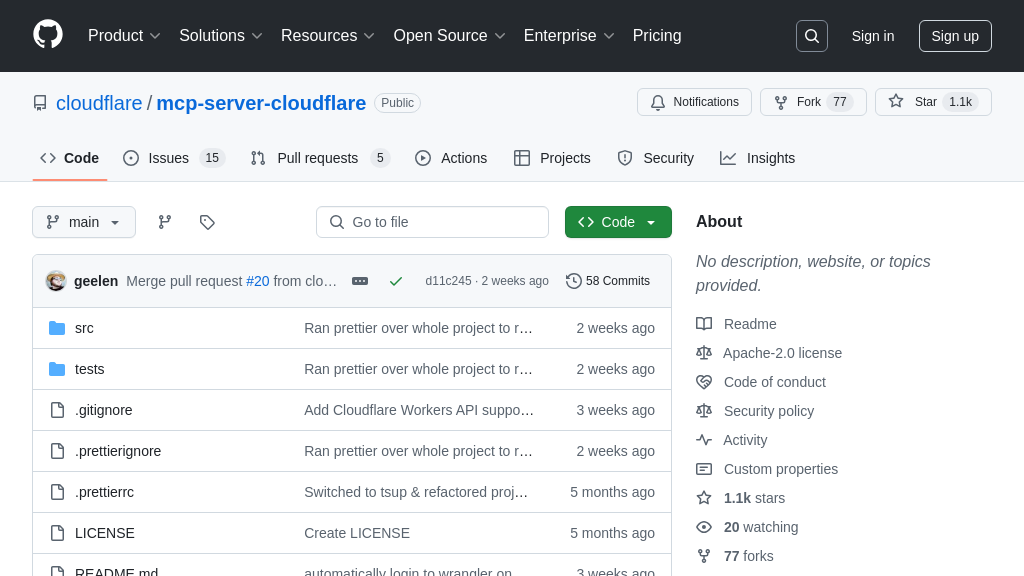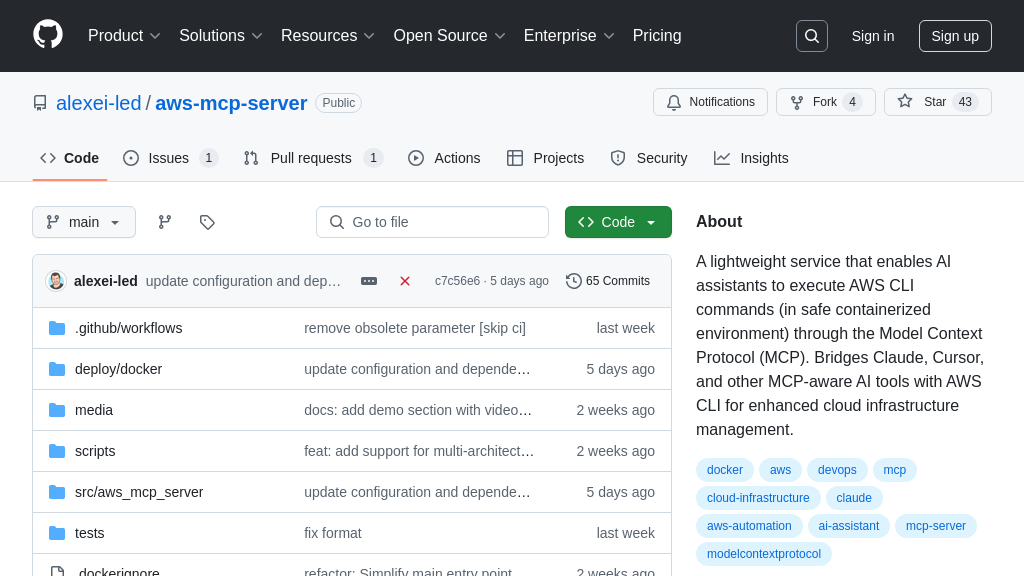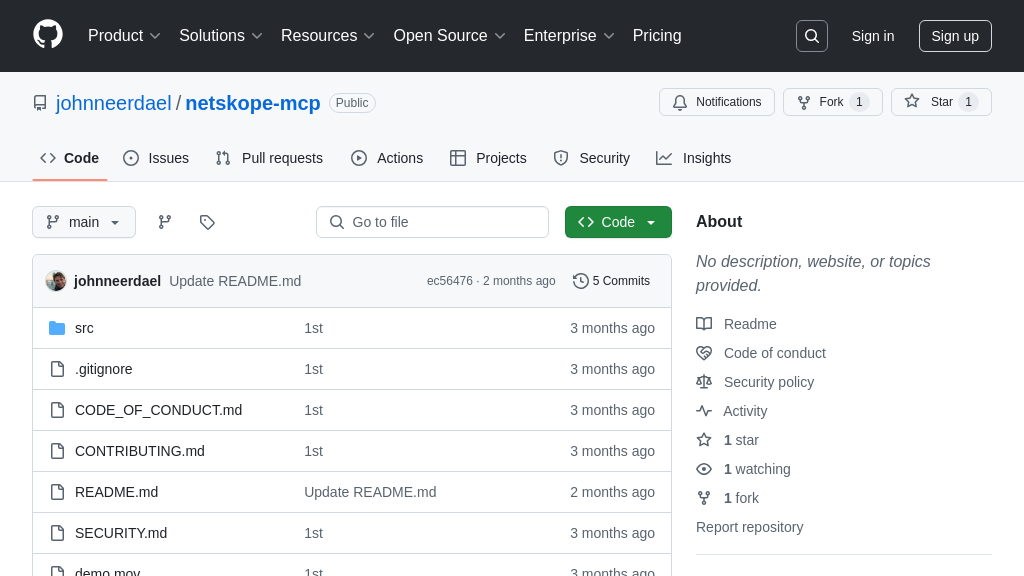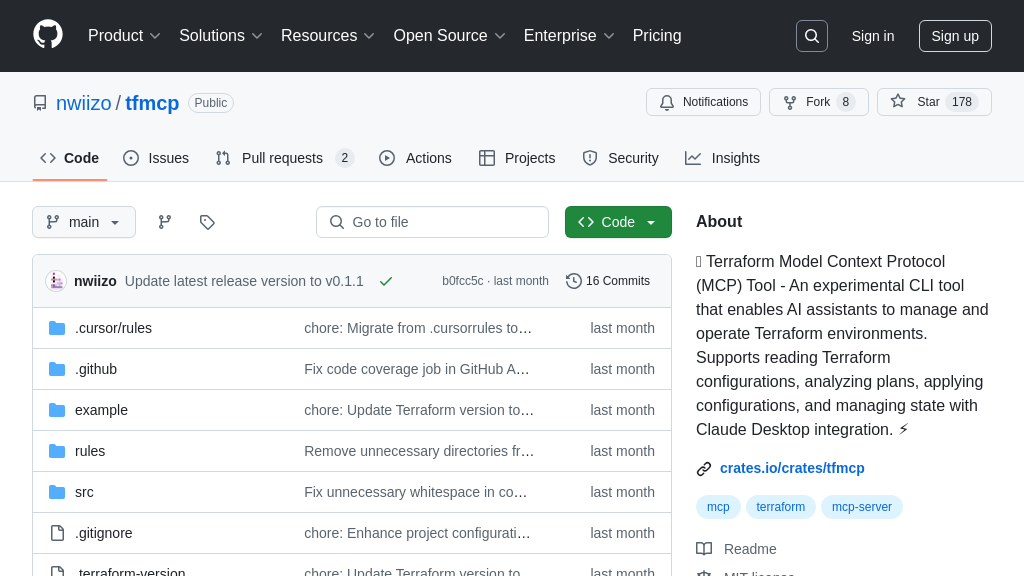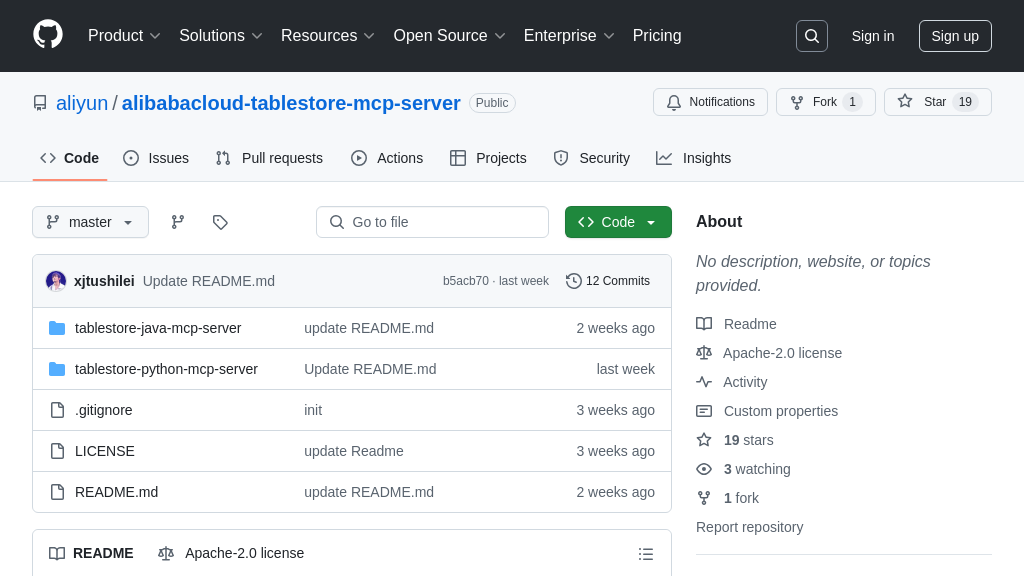MCP-Connect
MCP-Connect: Bridge cloud AI with local MCP servers via HTTP. Secure, flexible, and easy to use.
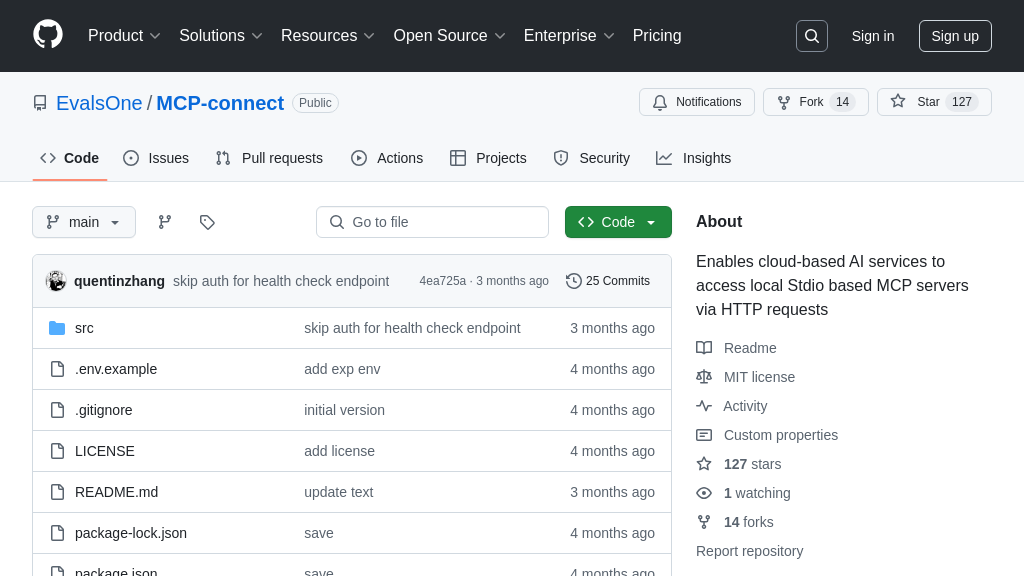
MCP-Connect Solution Overview
MCP-Connect is a bridge that enables cloud-based AI tools to interact with local Stdio-based MCP servers. It solves the challenge of accessing local resources from cloud applications by converting HTTP/HTTPS requests into Stdio communication. This tool acts as an intermediary, allowing cloud AI services to leverage the potential of local MCP tools without compromising security.
Key features include protocol conversion, secure access to local resources, and flexibility in supporting various MCP servers. MCP-Connect integrates seamlessly by running locally and creating a tunnel (with built-in Ngrok support) to connect to the cloud. The core value lies in unlocking the ability to use local MCP tools within cloud-based AI applications, expanding the possibilities for AI model functionality. It uses a simple token-based authentication system. Developers can easily integrate it into their workflow using Node.js.
MCP-Connect Key Capabilities
Cloud-Native MCP Bridge
MCP-Connect acts as a bridge, enabling cloud-based AI tools to interact with local, Stdio-based MCP servers. It translates HTTP/HTTPS requests from the cloud into Stdio communication that the local MCP server understands. This solves the problem of limited accessibility for Stdio-based MCP servers, which are typically confined to local environments. By using MCP-Connect, developers can leverage the power of local MCP tools within cloud applications without needing to modify the MCP server's implementation. This is particularly useful for accessing local resources or sensitive data that cannot be directly exposed to the cloud. For example, a cloud-based AI service can use MCP-Connect to access a local code repository managed by an MCP server, enabling code analysis and automated pull request generation. The core of this functionality lies in its protocol translation capabilities, effectively making local MCP servers cloud-aware.
Secure Local Resource Access
MCP-Connect prioritizes secure access to local resources. It allows developers to maintain control over their local environment while still enabling cloud-based AI tools to interact with it. The tool uses token-based authentication to verify incoming requests, ensuring that only authorized cloud services can access the local MCP server. This is crucial for protecting sensitive data and preventing unauthorized access to local resources. For instance, a company can use MCP-Connect to allow a cloud-based AI model to access its internal knowledge base, hosted on a local MCP server, without exposing the entire knowledge base to the public internet. The authentication mechanism ensures that only the AI model, with the correct token, can access the data. This security layer is implemented through environment variables that store the authentication token, which is then validated upon each request.
Simplified MCP Integration
MCP-Connect simplifies the integration of MCP servers into cloud environments. It requires minimal configuration and can be easily deployed using Node.js. The tool provides a straightforward setup process, including instructions for cloning the repository, configuring environment variables, and running the bridge. Furthermore, it offers built-in support for Ngrok tunnels, allowing developers to quickly create a secure tunnel to their local MCP server. This ease of use lowers the barrier to entry for developers who want to leverage the power of MCP in their cloud applications. For example, a developer can quickly set up MCP-Connect to expose a local data processing script as an MCP tool, making it accessible to a cloud-based AI model for real-time data analysis. The tool's simplicity stems from its design as a lightweight bridge that focuses on protocol translation and secure access, rather than complex feature sets.
Technical Implementation
MCP-Connect is implemented as a Node.js application that acts as an intermediary between cloud-based AI tools and local MCP servers. It exposes two primary API endpoints: /health for health checks and /bridge for handling requests from the cloud. The /bridge endpoint receives HTTP/HTTPS requests, extracts the necessary information (method, server path, arguments, environment variables), and translates them into Stdio commands that the local MCP server can understand. The response from the MCP server is then translated back into an HTTP response and sent back to the cloud. The tool also supports secure tunneling using Ngrok, allowing developers to expose their local MCP server to the internet without complex network configurations. The core of the implementation relies on Node.js's ability to handle asynchronous I/O operations, enabling efficient communication between the cloud and the local MCP server.

